Sam Phillips was an aspiring young record producer with a background as a radio announcer and a sound engineer. But unlike the producers in New York and some in LA, he owned his own recording studio and record label. He could sign whomever he wanted, oversee their sessions, and release and promote their records and didn’t have to answer to anyone but himself. He told everyone he knew that if he could find a white singer who could bring together hillbilly music and R & B, he would easily make millions of dollars.
Having grown up in the segregated south as the son of a tenant farmer, he was remarkably color blind for a man of his time. When he first heard Elvis on the two Memphis Recording Service sides he cut in 1953, he heard raw talent in his voice but it wasn’t until 1954, when he invited Presley to record some songs in what amounted to an extended audition that he realized Elvis was the white guy who could bridge the gap between what would come to be called rockabilly and the “race music” he knew from his exposure to black recording artists. Sam signed blues artists like the legendary Howlin’ Wolf, rockabilly artists like Carl Perkins, country/rockabilly artists like Johnny Cash, and the versatile Elvis Presley, who finally got Sam’s full attention when he started running through bluesman Arthur Crudup’s “That’s All Right, Mama” in the studio. Elvis was singing every song he could remember and Sam finally heard what he was looking for. If Sam hadn’t sold Presley’s contract for $40,000 (with a $5000 bonus for Elvis) to RCA in 1955 when Elvis was breaking big, there is no telling how far he and Sun Records would have gone.
Flash forward more than 60 years after Elvis’ first recording at Memphis Recording Studios and a young, successful Jack White secretly put forward a successful bid for Elvis’ first recording for $300,000 at auction. White eventually revealed that he had asked Alan Stoker, Curator of Recorded Sound Collections at Nashville’s Country Music Hall of Fame and Museum, to oversee the digital transfer of the original acetate from the Memphis Recording Service session. White hand-delivered the acetate to Stoker. A widely-respected expert in preserving and improving sound recordings, Stoker has been restoring, transferring and archiving audio recordings for the museum's state-of-the-art audio lab for 35 years. The significance of the acetate was obvious to him.
"Certainly I'm aware of how important this is," Stoker told Rolling Stone Country. "[It's] kind of like the 'Big Bang of rock & roll.' Not this disc necessarily, but that performance because that's where they first heard him. It's a document of that performance. The guy is handing me a disc he paid $300,000 for, so that makes you kind of hold your breath a little. Once he handed it to me, it was pretty much routine. The disc was in pretty good shape; I don't think it had been played that much. They said they thought it had mostly been held in a bank vault. That's a pretty stable environment for these discs. The problem is when they are in somebody's attic or basement. An acetate disc is like a piece of metal with nail polish painted on it. If it's up in your attic, the acetate expands and contracts but the metal doesn't, so eventually that's going to create a crack in the outside."
White wanted to transfer the music on the original acetate to a digital format under pristine conditions and Stokes was the man for the job. White released a facsimile of the original recording as a single with “My Happiness on side one backed with “That’s When Your Heartaches Begin” on the flip side just in time for Record Store Day 2015.
The original recording had ended up in the possession of Ed Leek who paid the four dollars for the session, although no one is sure of the circumstances. It was Leek’s daughter who put the acetate up for auction. White reproduced the original recording as a 10-inch 78 rpm record in painstaking detail to make it nearly indistinguishable from the original. White later released it as a 45-rpm record that restores the sound by using the latest technology to press a new master. The resulting vinyl disc is a sonic marvel.
A press release from White’s company, Third Man, states: "Working from a transfer done by industry expert Alan Stoker at the Country Music Hall of Fame, the audio will be as clean as modern technology can make it without losing the feeling and soul that makes these two songs both haunting and breath-taking."
White wanted to transfer the music on the original acetate to a digital format under pristine conditions and Stokes was the man for the job. White released a facsimile of the original recording as a single with “My Happiness on side one backed with “That’s When Your Heartaches Begin” on the flip side just in time for Record Store Day 2015.
The original recording had ended up in the possession of Ed Leek who paid the four dollars for the session, although no one is sure of the circumstances. It was Leek’s daughter who put the acetate up for auction. White reproduced the original recording as a 10-inch 78 rpm record in painstaking detail to make it nearly indistinguishable from the original. White later released it as a 45-rpm record that restores the sound by using the latest technology to press a new master. The resulting vinyl disc is a sonic marvel.
A press release from White’s company, Third Man, states: "Working from a transfer done by industry expert Alan Stoker at the Country Music Hall of Fame, the audio will be as clean as modern technology can make it without losing the feeling and soul that makes these two songs both haunting and breath-taking."
To facilitate the digital transfer of the original disc, White hand-delivered the acetate to Alan Stoker, Curator of Recorded Sound Collections, at Nashville's Country Music Hall of Fame and Museum. It's not the first-time Stoker had transferred the disc, however. In 1989, after Leek signed a partnership deal with Sun's then-owner Shelby Singleton, the two songs on the disc were transferred to analog tape and issued for the very first time on CD. Although Stoker has been restoring, transferring and archiving audio recordings in the iconic museum's state-of-the-art audio lab for 35 years, of the tens of thousands he has worked on, the special significance of this one and the special care it required wasn't lost on him. Jack White has done us all a solid.


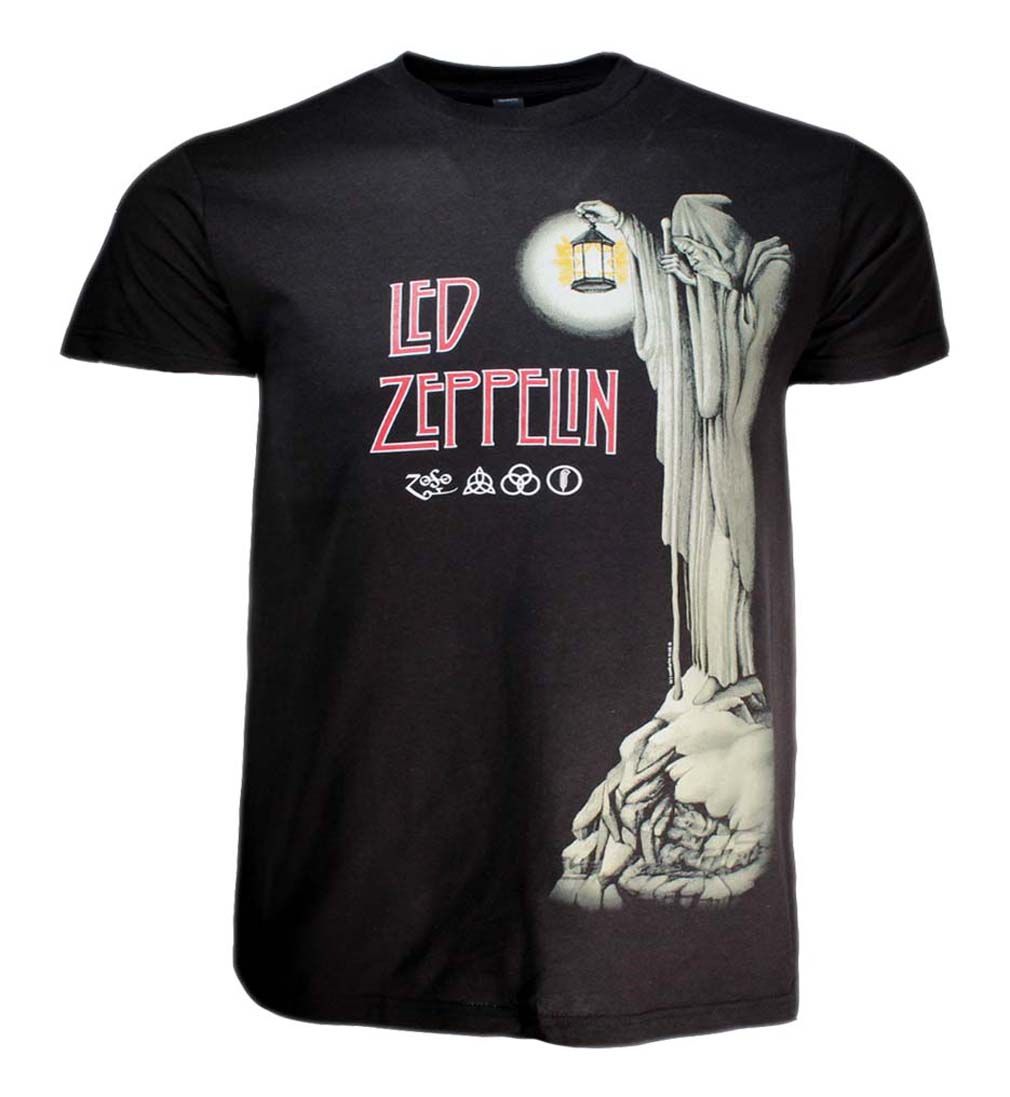
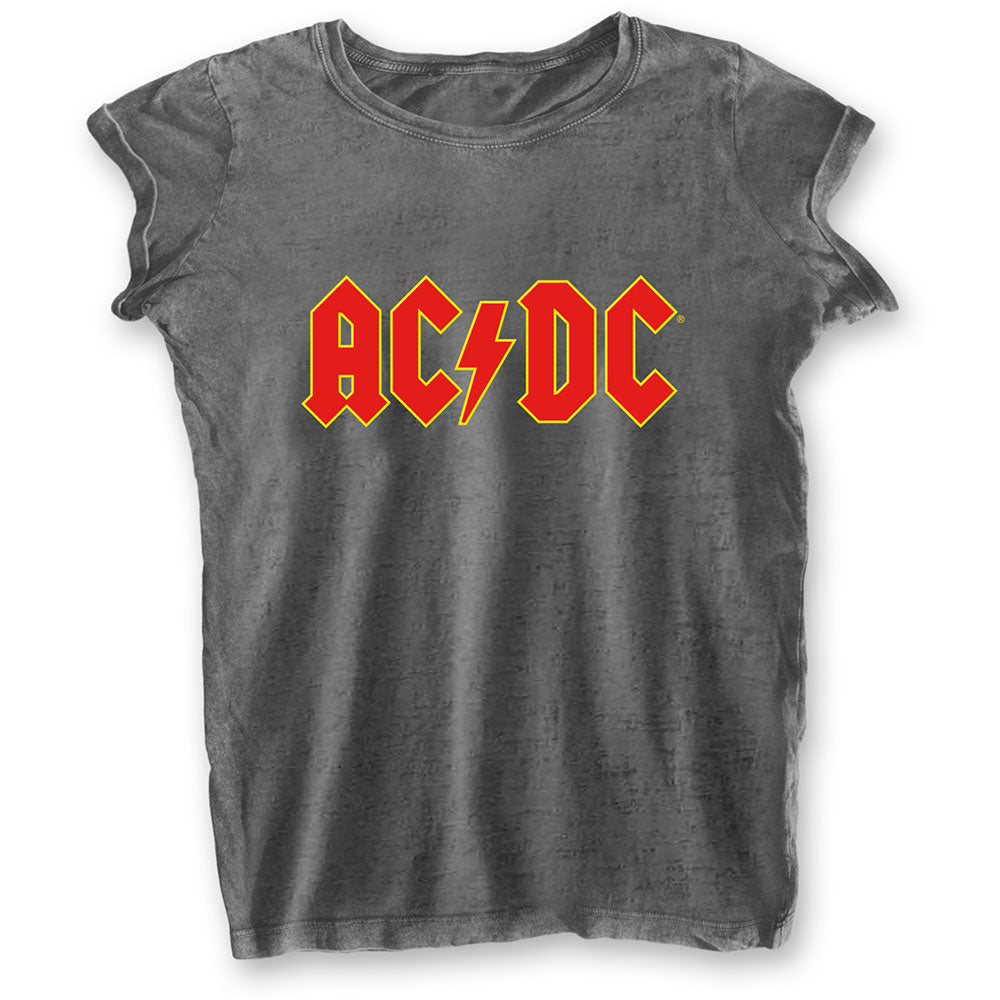
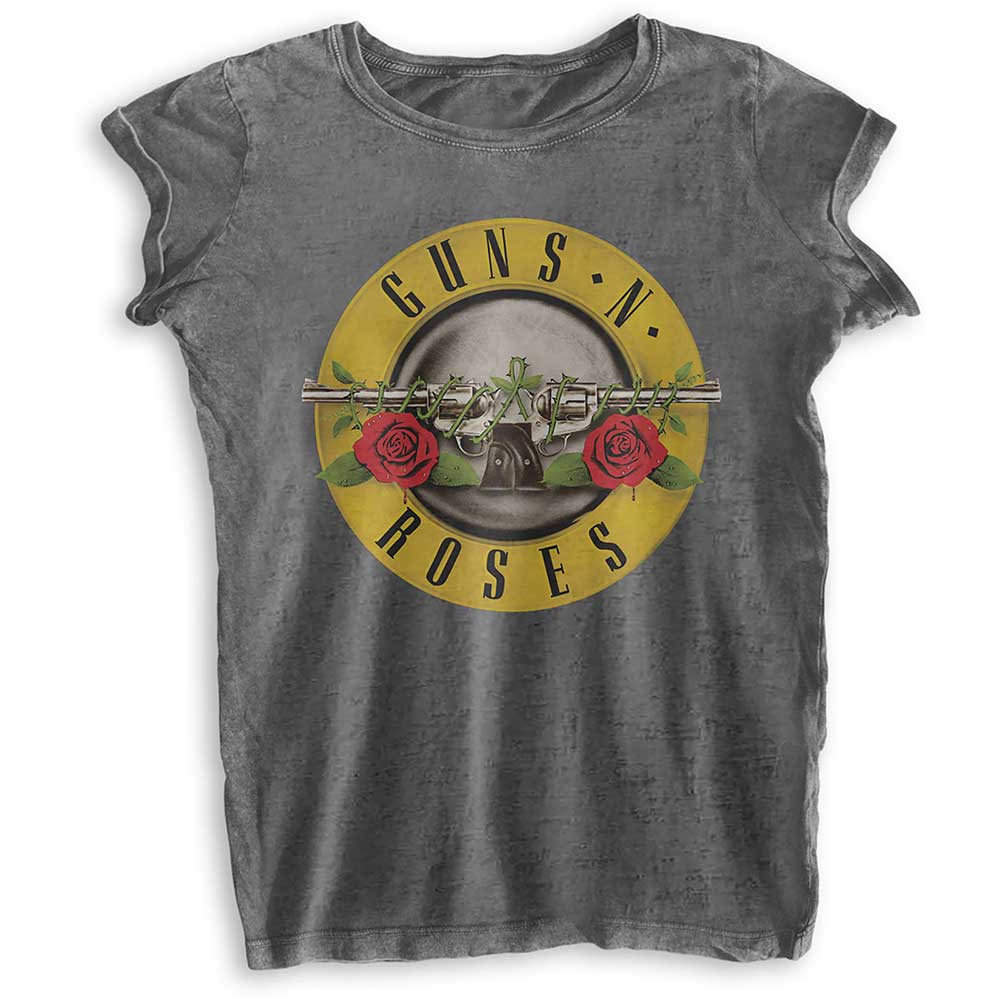









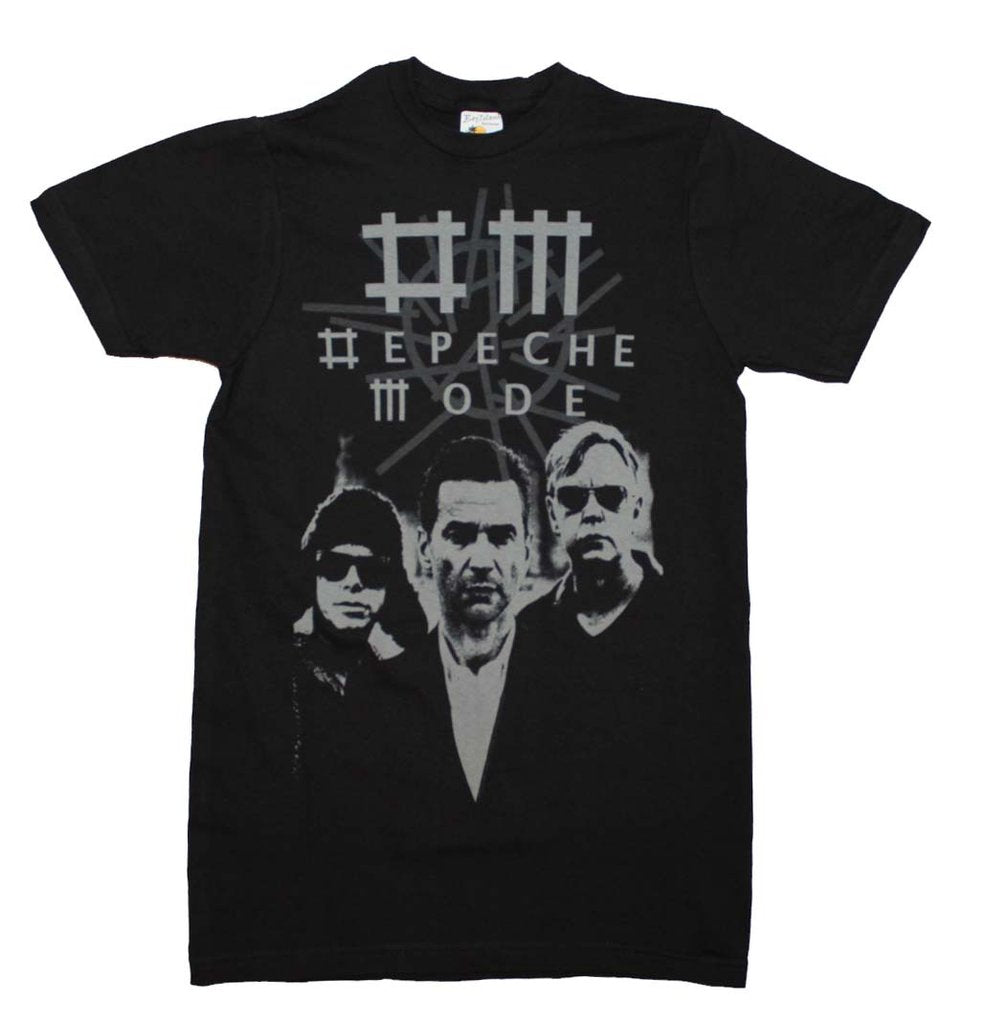

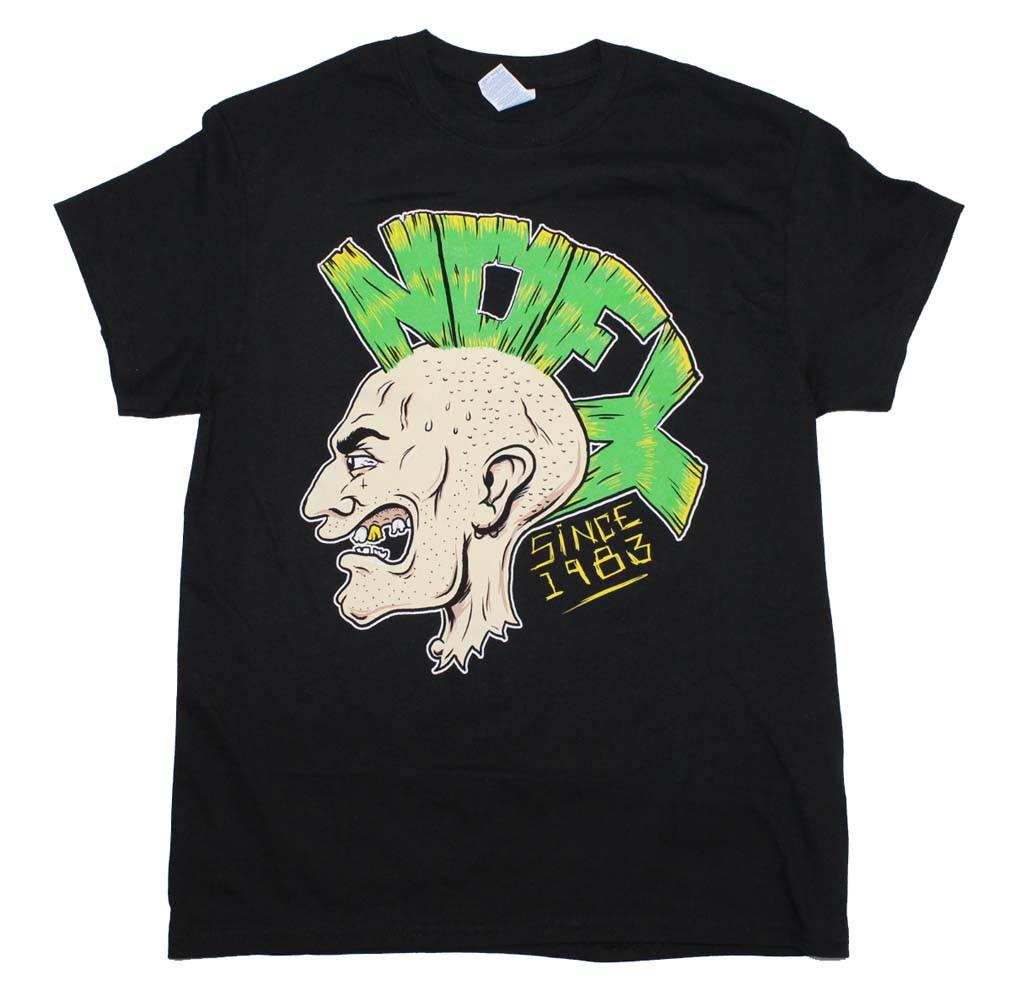
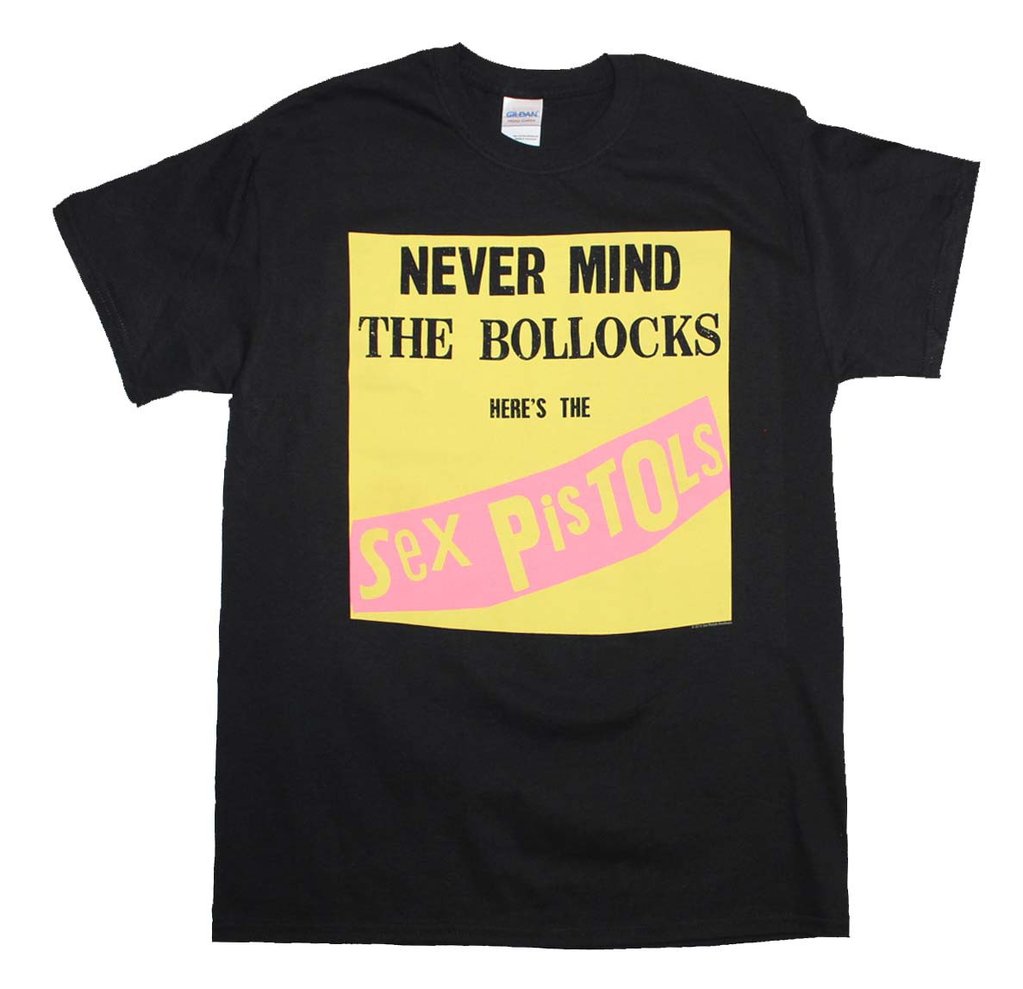
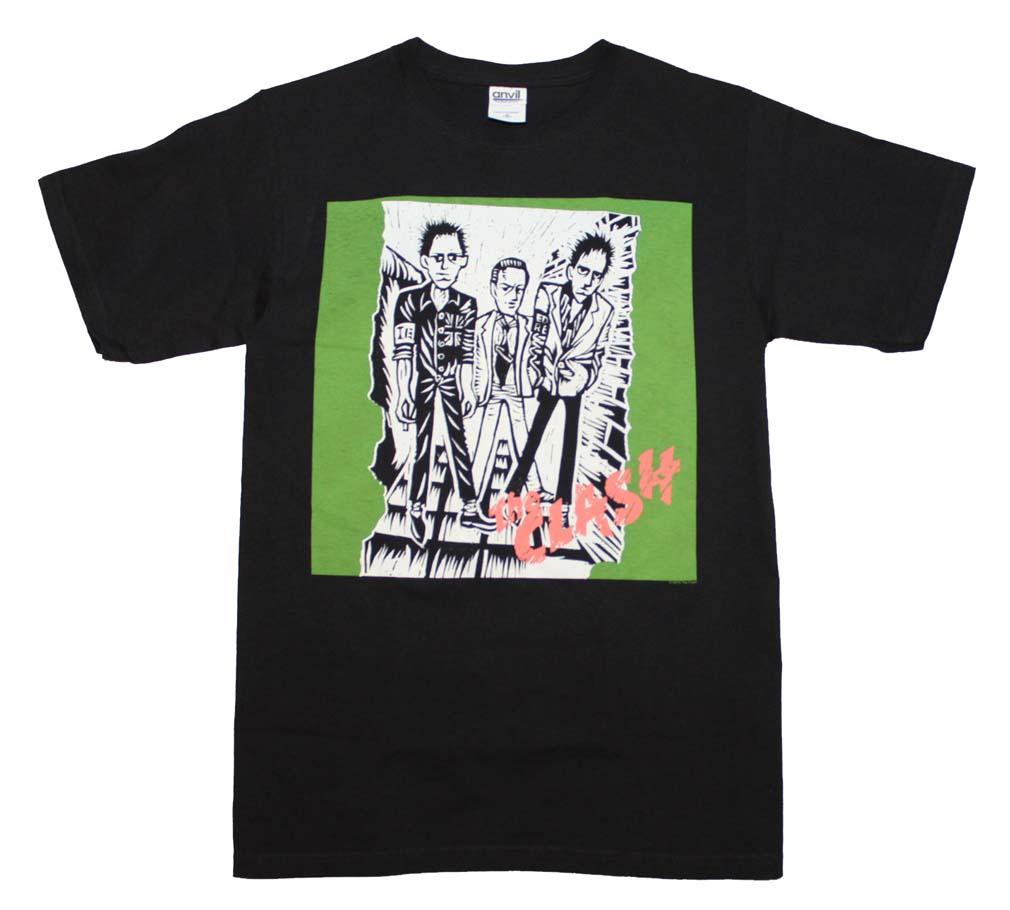
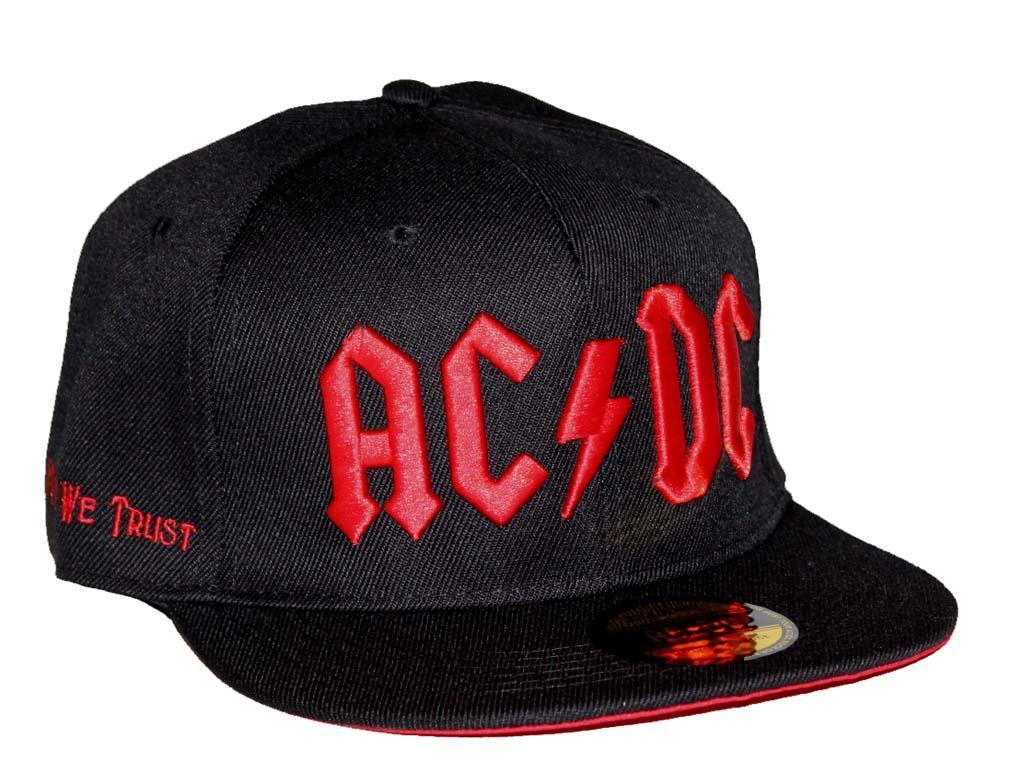
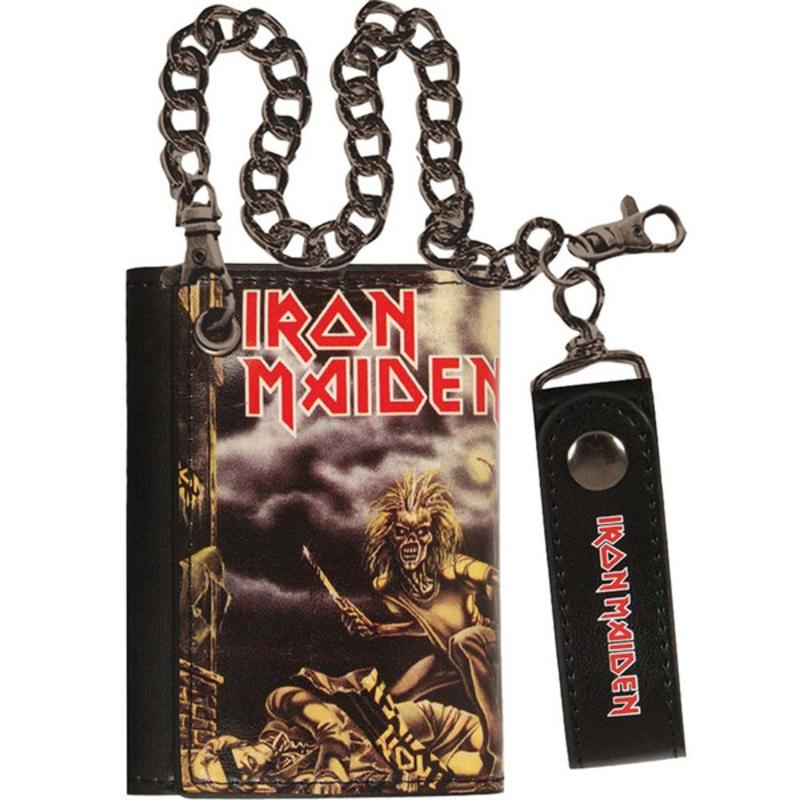

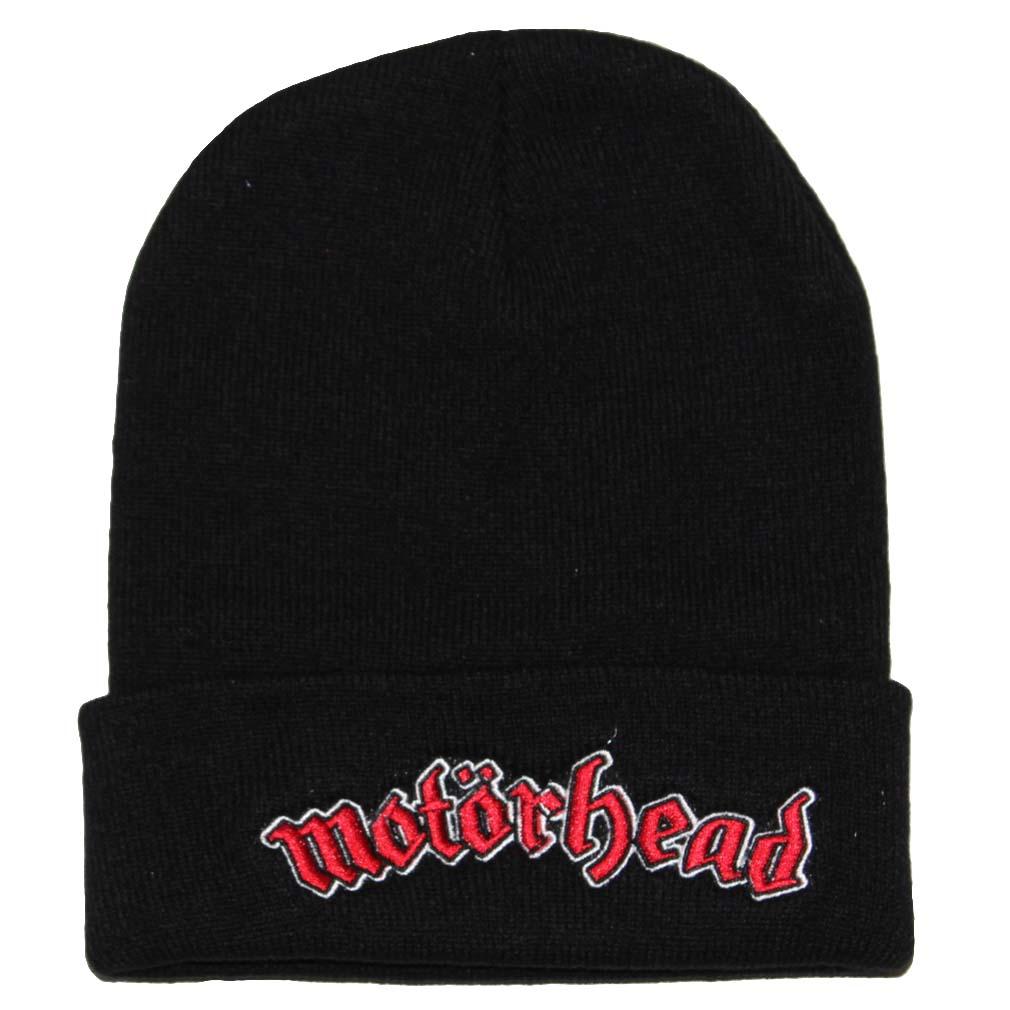
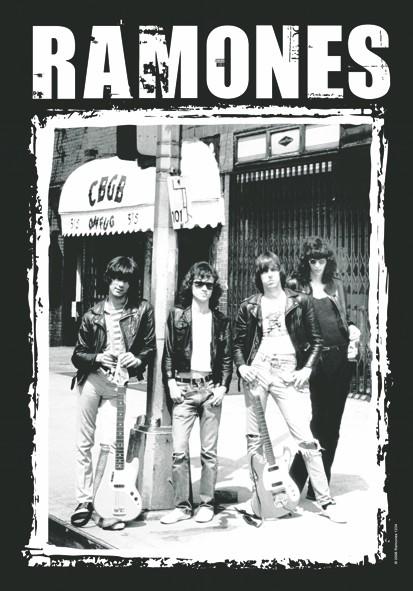
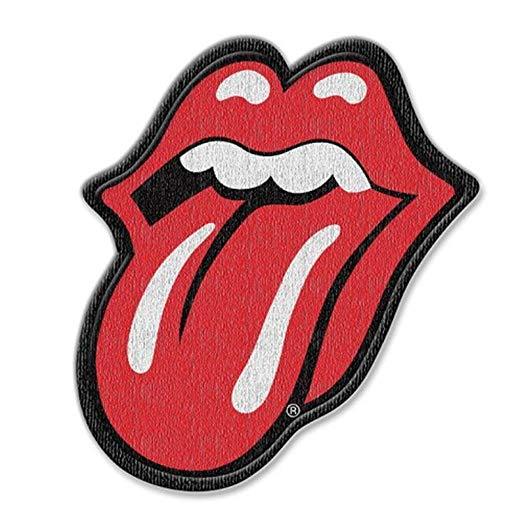

Comments
12 comments
Debbie Tyrrell
The story I read, was from a 2015 Rolling Stones article.
From what I remember, the article said that the disc was auctioned off at Graceland by the family of the late Ed Leek, a classmate of Elvis, who had reportedly given Elvis the cash to make the recording. Elvis then took the disc back to Leek’s home and left it with him. After Jack White purchased it, he for the first time ever, had the one-of-a-kind disc transferred digitally, to reissue for Record Store Day.
lynn
The recording here is the original that Marion Keisker saved, when she turned it on, after feeling that this was the sound Sam was seeking , so Sam could listen to it later as he was not there when Elvis had gone in. His Mother got the original record , a 45 disk, that was made at the time.
D.Bügler
This Record should be at Graceland. They have enough Money to buy this one. They build a Hotel and a Museum for Millions of Dollars but they cant´t buy this very important piece of Elvis History =( Shame on you !!
Joe Costello
Peter
The story was that Elvis just wanted to hear how he sounded on record, the Story that it was a gift for his mum was probably what he told to Marion Keisker. Maybe he was a bit embarrassed to tell her the truth …
Tim Johnson
I would like to buy the actual acetate and reissue on actual vinyl on reissue Memphis recording labels
It would make a big opportunity for fans to buy copies .
Cedric Karl Fonk
George Stover, that is what I was asking myself as I was reading it. Did his mum ever get to receive the gift? Something doesn’t quite make sense here…..
Kent
This is the recording, apparently.
https://youtu.be/tC-LG7wfvmU
George Stover
If the recording was made by Elvis as a gift to his mother, I wonder how Mr. Leek ended up owning it?
Bryan King
Where can I listen to it?
Kathy VanderEcken
Watched Sun Records on Axis. So good! Have also visited.
Brina
Amazing!
TY for this story :)